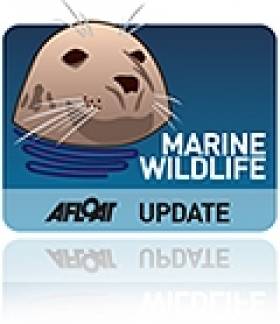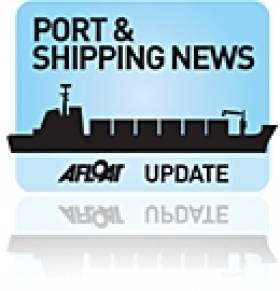Displaying items by tag: North Island
Surfer Attacked By Shark - And Lives to Tell the Tale
#MARINE WILDLIFE - A Sligo-based surfer has relived the moment when he was attacked by a shark in his native New Zealand.
As the Otago Daily Times reports, 42-year-old Peter Garrett was surfing off Taranaki on North Island on Tuesday when the shark mauled him, leaving 10 bloody wounds - each about 2cm deep - with its razor-sharp teeth.
"He was bleeding quite a bit," said James Bruce, one of two vets surfing in the area who came to his aid. "You could tell from the teeth marks it could've been more serious."
Speaking to the Irish Independent from New Zealand, Garrett said he was knee-boarding at the time when he felt a bump to the board and a sudden sharp pain in his leg.
"I looked down and there was a shark on my leg and I sort of yelled obscenities at it... But it came back and I kicked at it with my flippers."
New Zealand has a relatively high incidence of unprovoked shark attacks, with some 44 on record since the mid 19th century - compared to 39 for the whole of Europe.
The Irish Independent has more on the story, including photos, HERE.
New Zealand Cargo Ship Wreck Breaks Up in Heavy Seas
#SHIPPING - The Greek-owned cargo ship which ran aground off New Zealand three months ago - described as the country's worst maritime disaster - has split in two in heavy seas.
In a scene thankfully avoided closer to home, with the successful tranfer of 54,000 tonnes of vacuum gas oil from the damaged tanker Germar Companion in Belfast Lough, rough conditions off the New Zealand coast have caused the stern section of the Rena to snap off.
As many as 300 containers were washed overboard, polluting the water with milk powder and other debris, and fears are growing of a new oil spill in the coming days posing a threat to marine wildlife.
According to BBC News, hundreds of tonnes of fuel have spilled into the sea since the ship first ran aground at the Atrolabe Reef off North Island on 5 October, causing the deaths of hundreds of seabirds.
Though more than 1,100 tonnes of oil have been removed from the stricken vessel, some 385 tonnes remain aboard.
BBC News has more on the story HERE.

























































